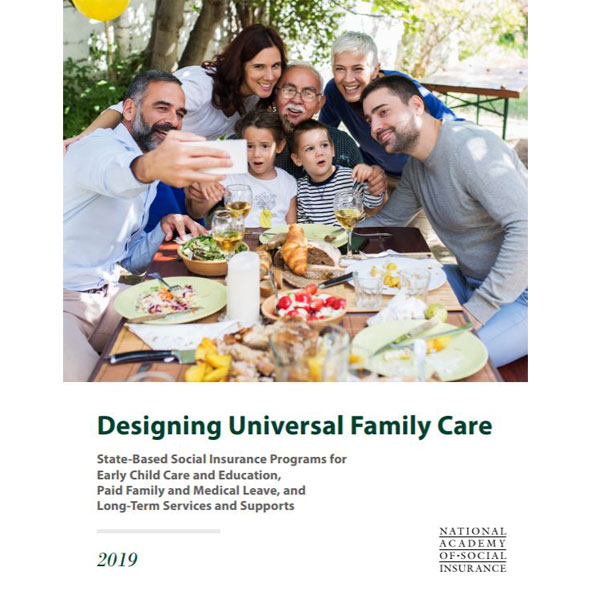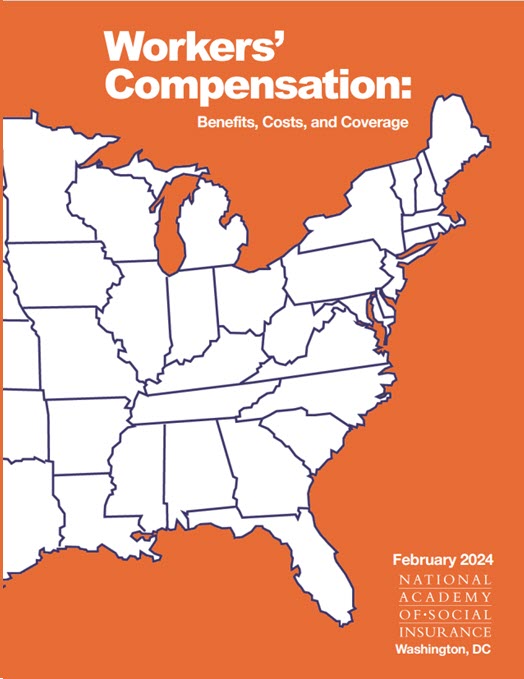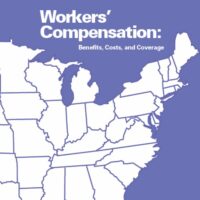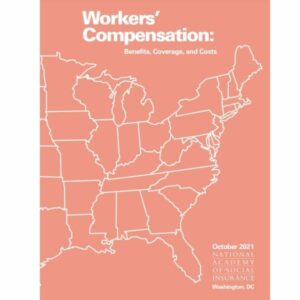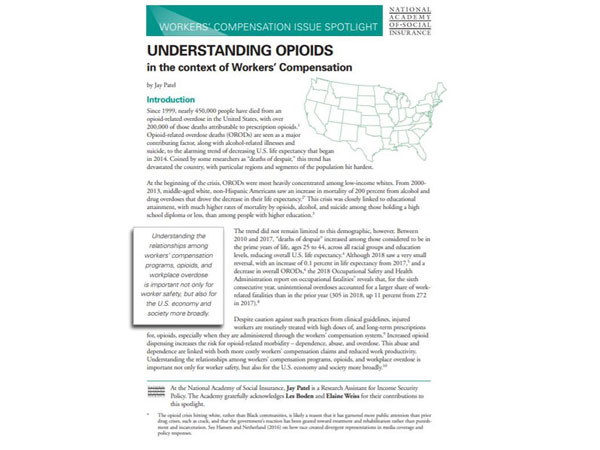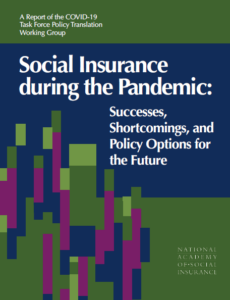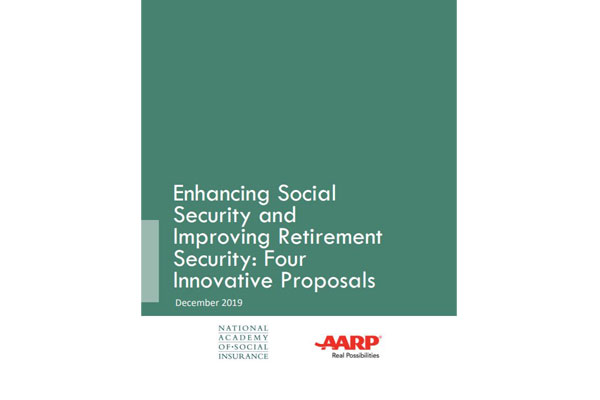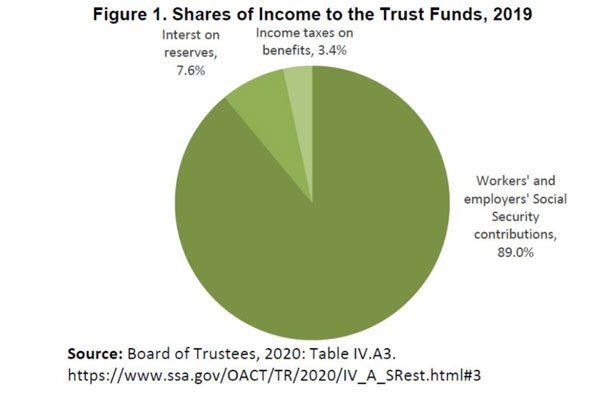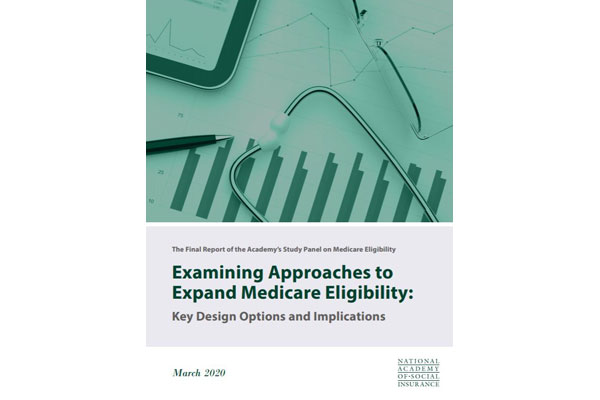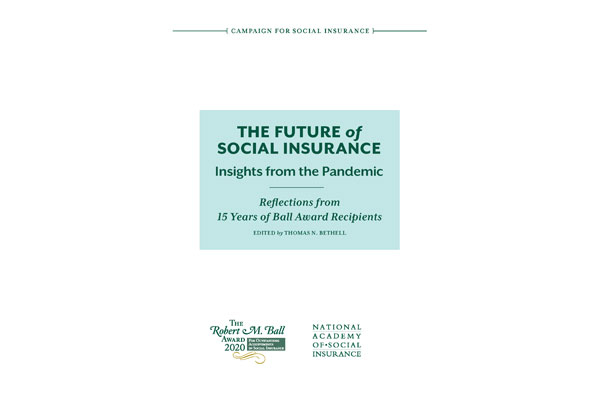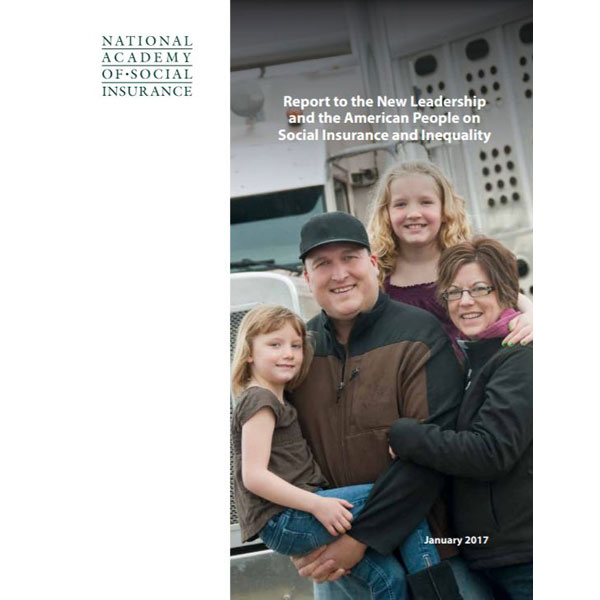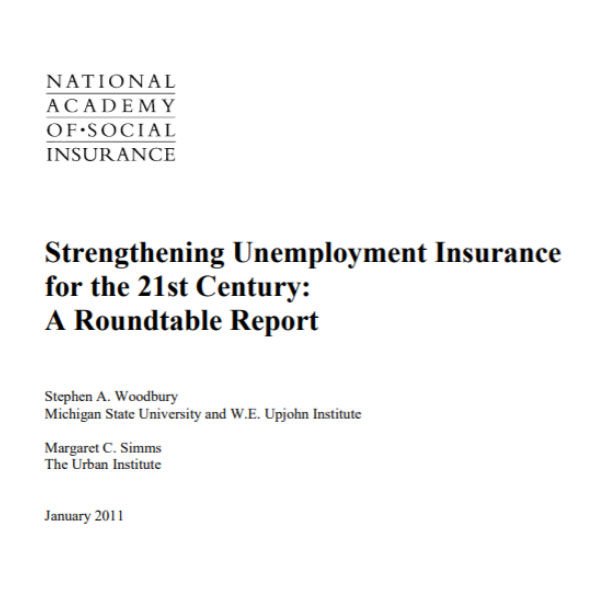Researchers
The first Study Panel of the Academy convened in 1988 at the request of U.S. Senator Daniel Patrick Moynihan and resulted in a final report, The Social Security Notch Problem. Subsequent Study Panels have brought together experts from interdisciplinary fields to analyze major social insurance issues and develop reports for use by academics and researchers.
Assured Income
June 2022
This report gathers evidence on the extent of economic insecurity in the United States today and provides an array of policy options that may help achieve the noble vision of Franklin D. Roosevelt’s 1935 Committee on Economic Security to assure “an adequate income to each human being in childhood, youth, middle age, or old age—in sickness or in health.”
April 2019
In describing the “Need for Security,” the 1935 Committee on Economic Security wrote that “the one almost all-embracing measure of security is an assured income. A program of economic security, as we vision it, must have as its primary aim the assurance of an adequate income to each human being in childhood, youth, middle age, or old age—in sickness or in health.” Although almost eighty-five years have passed since the Committee’s report, its “primary aim” remains unfulfilled.
Caregiving and LTSS Policy
June 2019
This report explores strategies that states could pursue to better support families in meeting evolving care needs over the lifespan. The first three chapters of the report explore the challenges families face in the realms of early child care and education (ECCE), paid family and medical leave (PFML), and long-term services and supports (LTSS).
September 2017
Time off to provide care for the health and well-being of a family member or for a worker’s own illness or injury is a near-universal need of workers from all backgrounds. Paid family and medical leave offers protection against financial hardship for employees requiring such time away from work to provide or receive care.
Workers’ Compensation
February 2024
The 26th annual workers’ compensation report produced by the Academy provides the only comprehensive data on workers’ compensation benefits, coverage, and employer costs for the nation, the states, the District of Columbia, and federal programs.
November 2022
The 25th annual workers’ compensation report produced by the Academy provides the only comprehensive data on workers’ compensation benefits, coverage, and employer costs for the nation, the states, the District of Columbia, and federal programs. This is the first annual report to include data reflecting the impacts of the COVID-19 pandemic, with a five-year study period from 2016 to 2020. The report includes 19 tables, 7 figures, and 5 appendices detailing outcomes related to workers’ compensation benefits, costs, and coverage.
October 2021
The 24th annual report provides the only comprehensive data on workers’ compensation benefits, coverage, and employer costs for the nation, the states, the District of Columbia, and federal programs over a five-year study period of 2015 – 2019.
February 2021
After a decade of devastation, policymakers are finally making strides to quell the rising rate of opioid related overdose deaths (ORODs).
Social Security
June 2023
This report assesses the performance of pre-existing social insurance and related programs, temporary changes in those programs made in response to the pandemic, and some new federal and state policies.
December 2019
The National Academy of Social Insurance, in collaboration with AARP, conducted a Social Security Policy Innovations Challenge in 2019.
May 2020
Each year, the Report of the Social Security Trustees updates projections about the future finances of Social Security’s two trust funds, the Old-Age and Survivors (OASI) Trust Fund and the Disability Insurance (DI) Trust Fund.
Medicare and Health Policy
March 2020
Improving access to affordable, high-quality health coverage and care and containing health care spending remain formidable policy challenges for the United States.
July 2020
The COVID-19 pandemic has shocked the U.S. health care system. With the highest unemployment rates since the Great Depression, millions of Americans have lost employer-sponsored health insurance.
October 2020
The Future of Social Insurance: Insights From the Pandemic is a collection of essays by 14 previous recipients (2004-2019) of the Robert M. Ball Award for Outstanding Achievements in Social Insurance, part of the 2020 Ball Award: Campaign for Social Insurance.
Unemployment Insurance
January 2017
This Report presents the new Administration and Congress with a range of evidence-based policy options, developed by the nation’s top social insurance experts, to modernize and strengthen the nation’s social insurance infrastructure.
January 2011
This report summarizes the proceedings of a national roundtable on “Strengthening Unemployment Insurance for the 21st Century,” convened by the National Academy of Social Insurance (NASI) in Washington, DC, on July 13, 2010.



